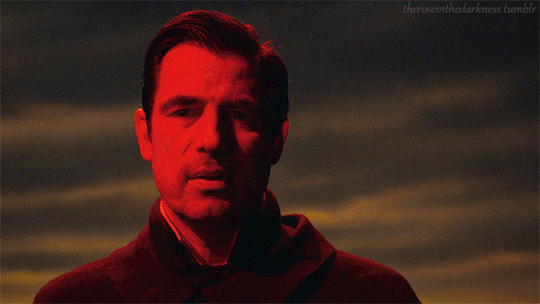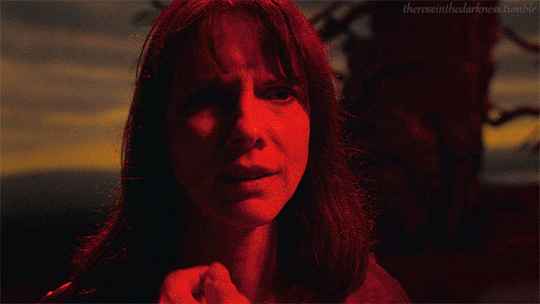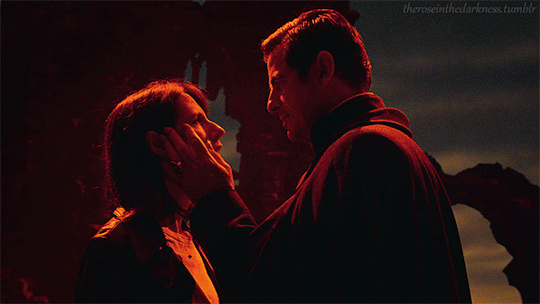"But the thing is, you see being well over a century old is not actually against the law. What's against the law is you locking him up. I think you might have forgotten, Dr Helsing, Count Dracula has rights."
Don't wanna be here? Send us removal request.
Text


The Rules of the Beast | 1.01
15 notes
·
View notes
Photo
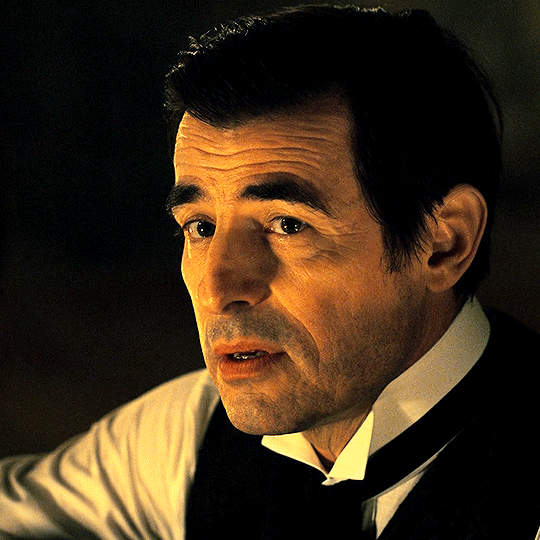
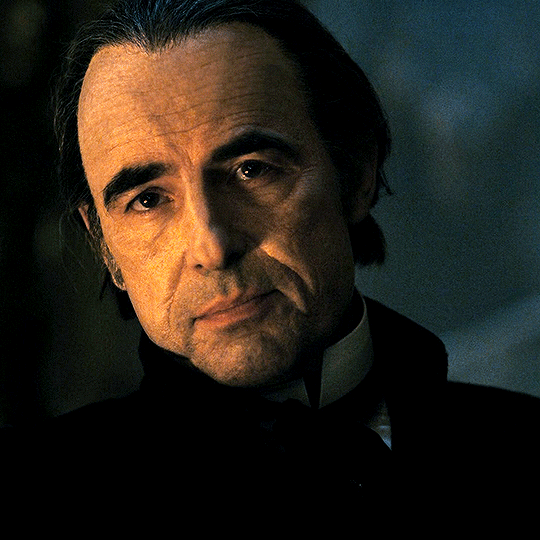
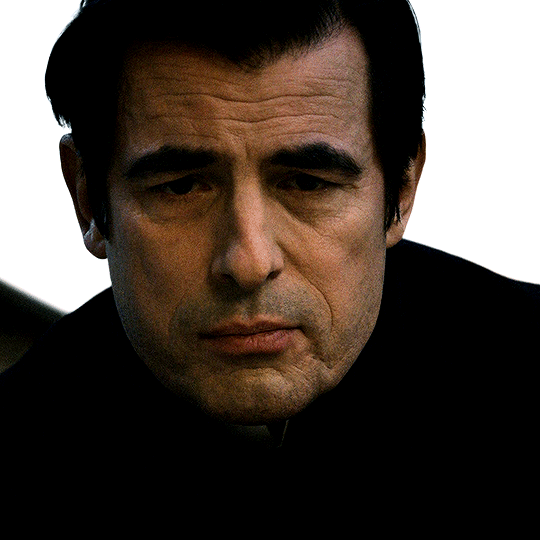
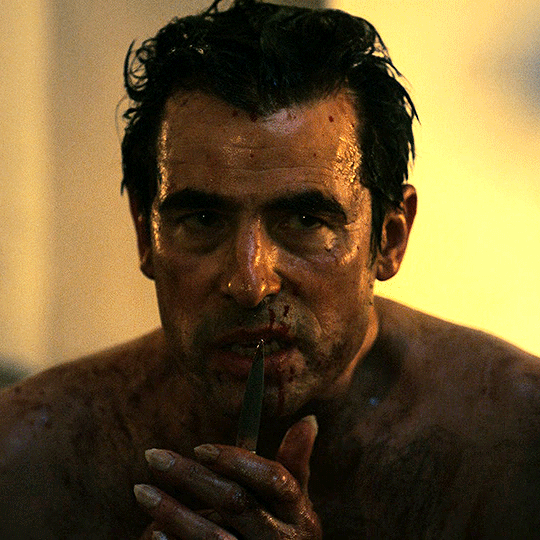
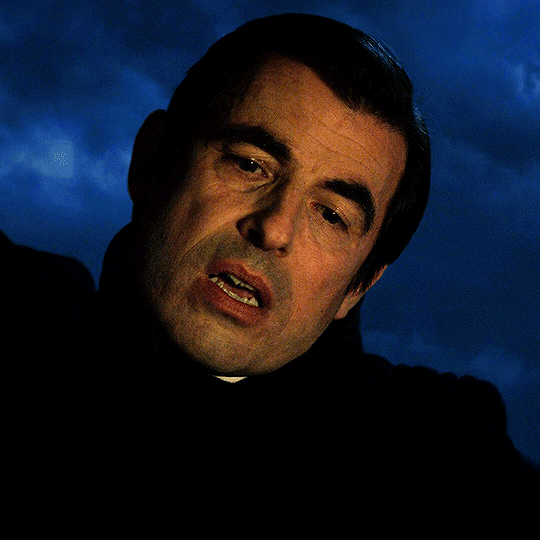

Claes Bang as Count Dracula DRACULA (2020) — “The Rules of the Beast” (1.01)
397 notes
·
View notes
Photo


“The warlord who skulks in the shadows and steals the lives of others. Unwelcome everywhere. Who sleeps in a box of dirt, yet dreams of a warrior’s grave. Who suddenly found himself in thrall of the girl in love with the thing he fears the most: death.”
375 notes
·
View notes
Photo
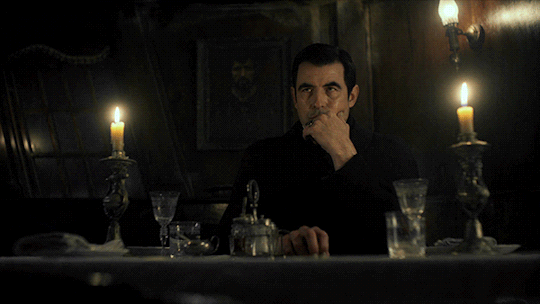

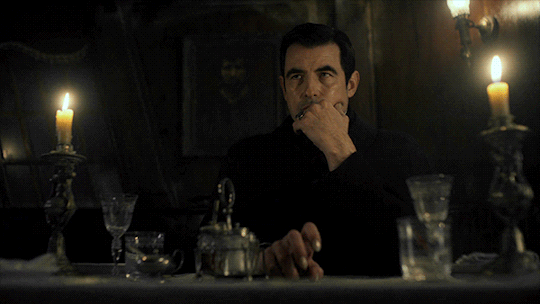
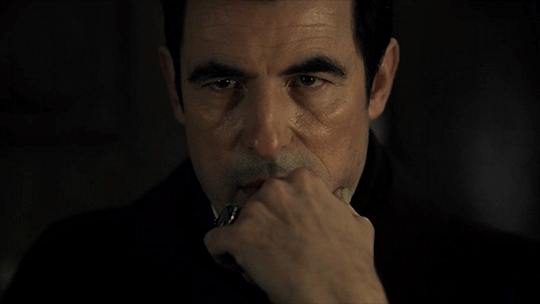
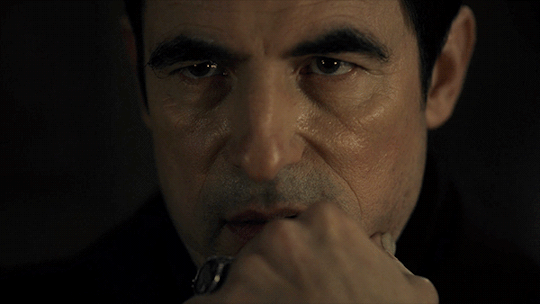
Claes Bang // Dracula
Dracula BBC - E02
331 notes
·
View notes
Text
Dracula always showed/made his victims dream what they craved about as a godspeed, or as he planned to feed from them.
And then, there is Zoe/Agatha. The best second of a love scene netflix ever produced (but that’s irrelevant). Was it really what Agatha wanted? Or was it what he wanted, considering his plan to die as well? Or was it what both of them wanted?
11 notes
·
View notes
Photo



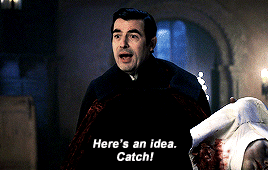
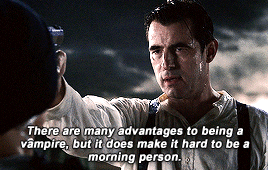
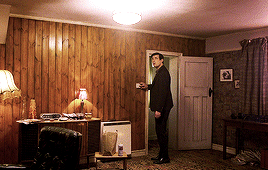
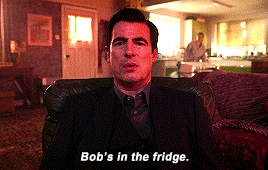

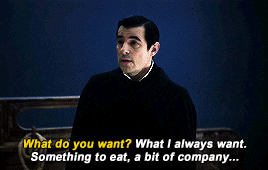

Do I look like someone who can’t see himself in the mirror?
Claes Bang as Count Dracula in BBC’s Dracula (2020)
3K notes
·
View notes
Text
About The Dark Compass and taking place in 2020 a.k.a. the year the series was aired.
Bram’s Stoker’s Dracula was published in 1897 and it was mostly written in the 1890s. The story takes place in 1897. Jonathan Harker visits Dracula’s castle in 1897. The story is contemporary to its writing time.
There are so many literary and academic articles written about Stoker’s Dracula and its major themes that we can safely say it could be used as a social commentary and/or criticism of the Victorian era.
Social disparity between classes, between men and women, between rich and poor.
“Dracula presents a series of contrasts and clashes between old traditions and new ideas. Stoker uses the figure of the vampire as thinly-veiled shorthand for many of the fears that haunted the Victorian fin de siècle.”
Dracula’s forays into London, for example, and his ability to move unnoticed through the crowded streets while carrying the potential to afflict all in his path with the stain of vampirism, play upon late-Victorian fears of untrammelled immigration.
A number of scholars have indicated that Dracula's version of the vampire myth participates in antisemitic stereotyping.
The Jack the Ripper murders had created a storm of hysteria in the press with the local Jewish community bearing the brunt of the outbursts. The secretive nature of the Jewish ghetto was also cited as a reason why the murders were never solved, with the Jews seen as having closed ranks around one of their own number who had committed the crimes. Such fears, which Dracula mirrors very closely, ultimately lay behind the introduction of The Aliens Act of 1905, which was put in place largely to stem immigration from Eastern Europe.
The act of vampirism itself, with its idea of tainted blood, suggests the fear of sexually transmitted diseases such as syphilis.
Victorian literature tends to present the vampire myth as a sexual allegory in which English female virtue is menaced by foreign predators. Sexuality and seduction is a major theme especially as it relates to the corruption of English womanhood. The Count’s attentions focused in particular on Mina, a woman who selflessly spends her honeymoon nursing her sick husband in a convent, and the beautiful Lucy Westenra, who is, by contrast, dangerously modern in her ways.
Sexual depravity and aggression were understood by the Victorians as the exclusive domain of Victorian men, while women were expected to submit to their husband's sexual wishes. Harker's desire to submit to Dracula’s brides, and the scene's origin as a dream Stoker had, highlights the divide between societal expectations and lived realities of men who wanted more freedom in their sexual lives.
Bram Stoker includes numerous references to the very latest ideas and inventions in his novel; a phonograph used by Dr. Seward to keep his diary was a new and expensive piece od technology in 1897, Kodak cameras, telegrams sent across Europe, blood tranfusions, portable typerwiters refect the technological changes in the late Victorian era. [1]
There are many themes to derive from Stoker’s Dracula and apply them to Victorian society, but in the end Gatiss & Mofatt’s Dracula was made in 2020.
I’ll be honest and admit that the rapid change in cinematography was a bit jarring in first viewing but the more times I watch The Dark Compass the more i like it.
For exactly it is what Dracula has been in 1897; a social commentary, and it’s done in a way alluring and witty, IMHO. Cameras, helicopters, instagram, smartphones, skype interact with mercinaries, illegal funding, corruption veiled under noble actions.
This Count Dracula is closer to Vlad Tepes, a warlord, a Prince, Wallachia’s ruler, diplomat, prisoner, manipulator, intelligent, adapting. Does the end humanises in a way the original novel never did? Quite possibly. But how could it go differently in 2020 if we consider everything we wrote about the Other, the different race?
What’s to criticise in 2020? Conspiracy theories? Smartphones and Instagram? Beauty? Mental illness? Cancer? How is any of these everyday issues treated in the series that don’t ring right in our ears? Lucy loves her beauty, flirts with Death but wants to keep her beauty and live forever? Why would that attract Dracula? This incarnation of Dracula? Zoe/Agatha explains it in the end, but Dracula explained it before.
“I shall look for the perfect food of this world.”
One of my favourite scenes is Dracula’s dialogue with Zoe about rights. She assumes, quite rightly, that feminism is not something he’s aware of. Rights, she says and she catches his attention.
Rights.
“Nobody has rights, Zoe. Man, woman or monster. No-one, nowhere. It's just a lunatic fantasy.”
And it continues with the greatest way I have witnessed of taking the noblest of ideas and twisting it to fit the “monster”.
“What's against the law is you locking him up. I think you might have forgotten,Dr Helsing...
Count Dracula has rights.”
And I simply love Frank Renfield.
Just as much as I love the Dark Compass, which in my opinion, is a great tribute to the original, altered to fit our times.
8 notes
·
View notes
Photo
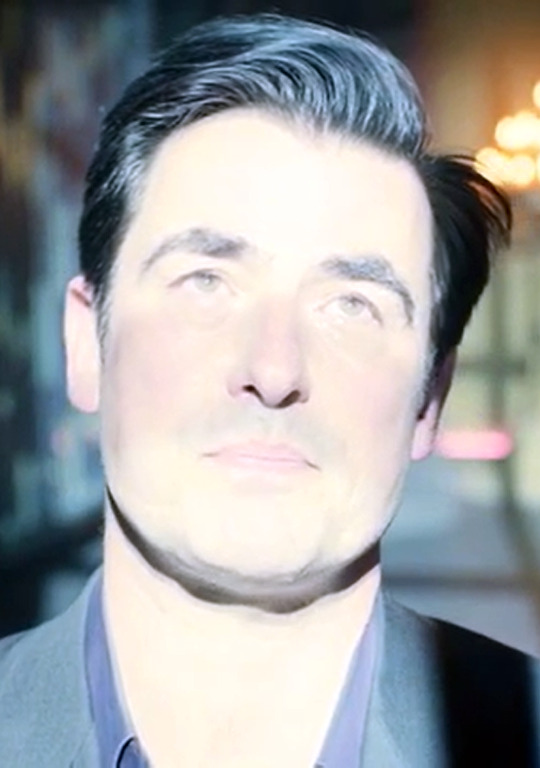
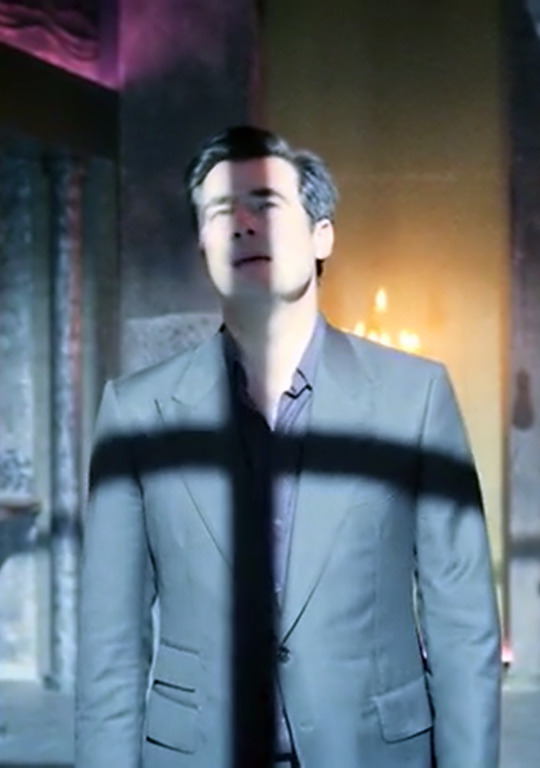
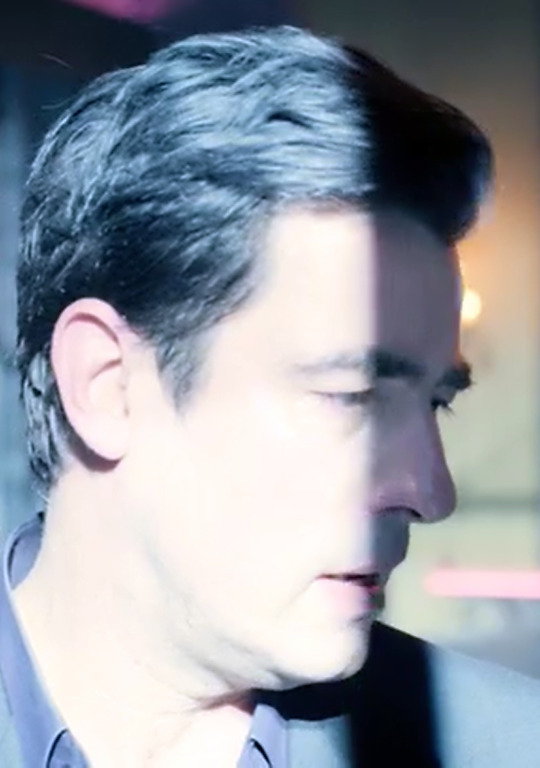
Dracula 1.03 | The Dark Compass
13 notes
·
View notes
Link
26 notes
·
View notes
